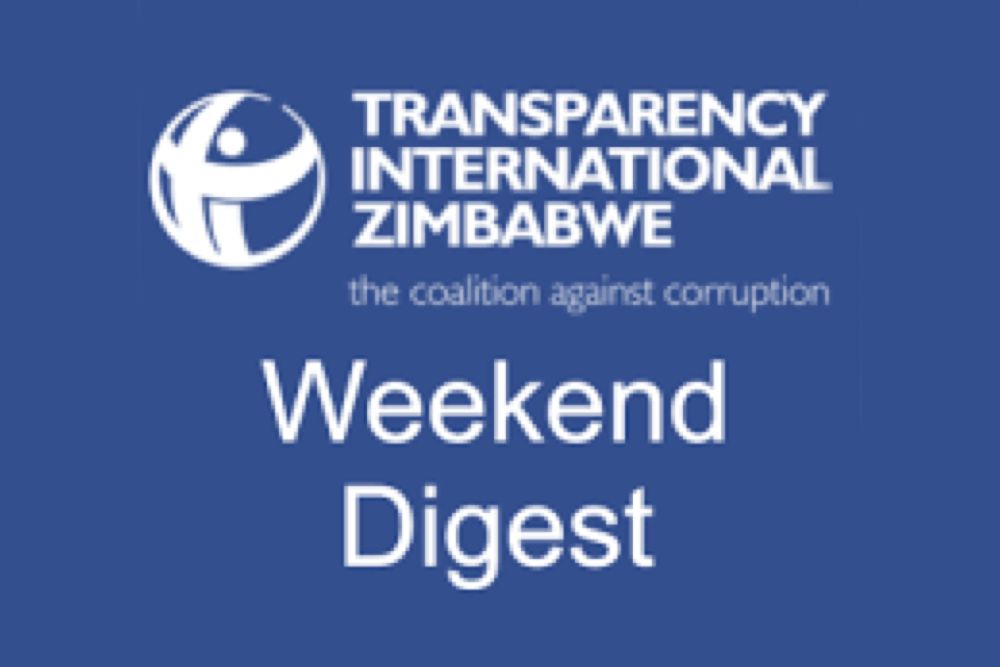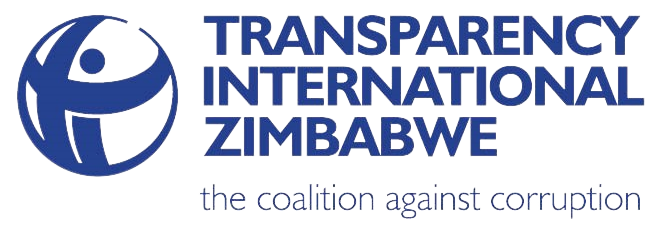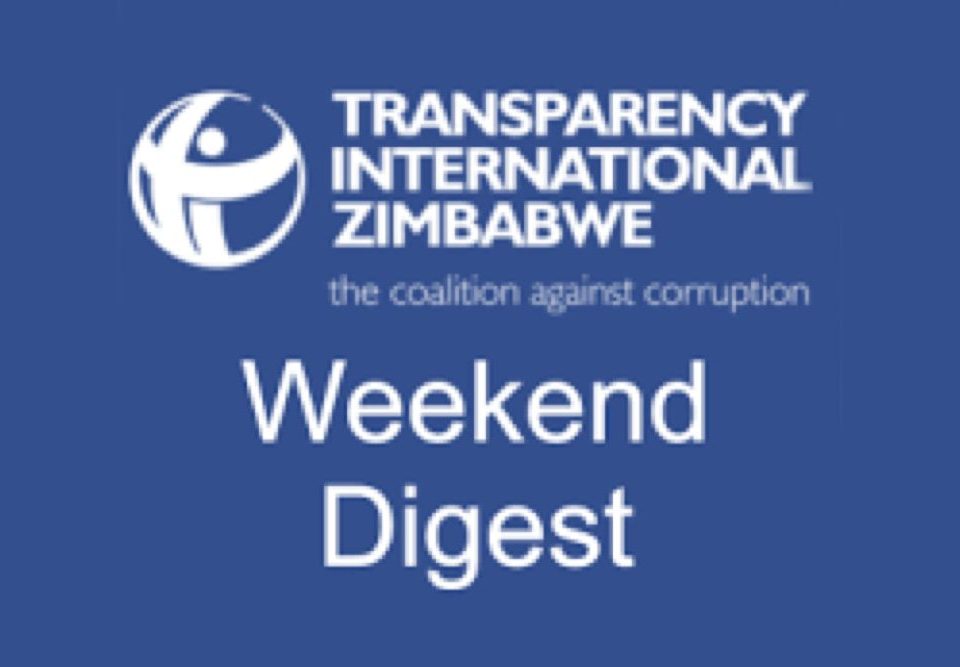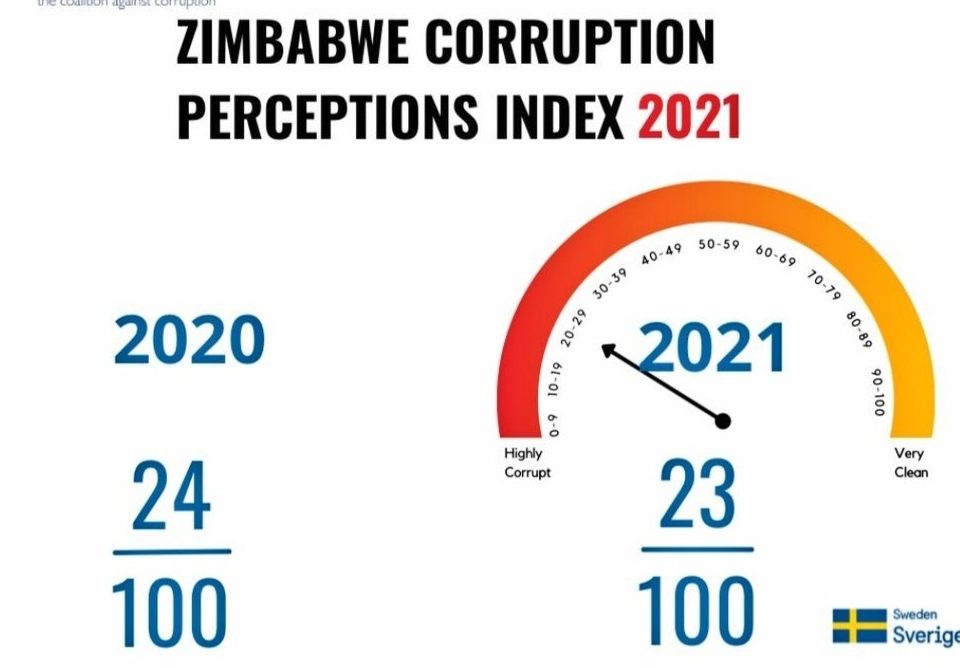
2021 CORRUPTION PERCEPTIONS INDEX: ZIMBABWE’S TWOSTEPS FORWARD, ONE STEP BAC
February 8, 2022The chameleon of political corruption
October 26, 2022By Benevolence Taguta
- Introduction
Citizen participation in budget making process remains a challenge in the global south owing to various factors such as limited access to information, structural challenges and complex political processes within governments. Evidently, limited citizen participation in the budget making processes contributes to misplaced budget priorities, weak accountability and poor development. There is a direct link between participatory budget making process and socio-economic development. Citizens therefore have a critical role to play in influencing key development issues in the budget making processes. It should be noted that the democratic social contract underlines the participation of the citizens in demanding accountability and ensuring that the government acts in their best interest. Therefore, participatory budgeting as a concept is one of the focal advocacy approaches for Transparency International Zimbabwe as it empowers communities to decide budget allocations and priority areas.
One of the issues of concern for Civic Society Organisations (CSOs) has been the failure of local authorities and national governments in implementing inclusive budgetary processes that enable citizens to actively participate. The budget process has three composite stages which are budget formulation, budget execution and monitoring and evaluation. Rural communities in particular have not been involved in the budget processes and most local authorities have been developing policies and budget allocations without their involvement. This has contributed to structural marginalization and exclusionary policy implementation mostly in rural areas.
Transparency International Zimbabwe is implementing a global project that aims at increasing citizen participation in the budget making processes. This broad approach and analysis of participatory budget processes aims to fu line with the Sustainable Development Goal 16 which aims at promoting peaceful and inclusive societies for sustainable development and providing access to justice for all as well as build effective, accountable and inclusive institutions at all levels. Targets 16.6 to 16.8 underline the importance of citizen participation and importance of inclusive institutions in the governance processes.
As community engagement officer, I had an opportunity to attend budget consultation process in Mutoko district as an observer. The aim was to assess levels of citizen participation in the budget making process and identify structural/ institutional barriers on the participation of citizens. Whilst the basic understanding of budget consultations are a platform for citizens to get feedback on how resources where used, projections into the future- what needs to be prioritized is that the consultations contribute towards the development of their communities.
- Citizen budget participation: reflections from Mutoko district in Zimbabwe
During the budget consultation process, the following observations were realized:
2.1 Information asymmetry
Community members seemed not aware of the budget consultation meeting being held by the local authorities. The attendance was very low and in some cases some participants seemed confused on the objectives of the meeting. , or they were not interested in attending or that they organized themselves to organize who could represent them or maybe that they were advised that they will be represented enough, by those that would have gone- all these were questions and answers we were having amongst us as we were discussing with my colleague.
Before each meetings started, salutations and introductions were made. It appeared the same category of participants attended the meetings in the different communities that we visited. The meetings were attended by village heads, party chairpersons, war veterans’ leaders, village treasurers and secretaries, vendors representatives (in one community), dip-tank committees and some individuals who were referred to as village committee members
The participation
The council officials would start the meeting by giving and an overview of how much was collected, how it was spend, who is owing to the council, how much revenue was collected from each community and the ask the community on 5 priorities for 2023(3 general, 1 for women and 1 for the youths).
A clear observation from these meetings were that only men made contributions with the majority clapping hands and nodding in agreement with the submissions being made. Interestingly when questions about what projects could be prioritized for the youths and women, it was the same men that would make admissions on behalf of these groups. At one community, the facilitators probed the women to speak for themselves, and what became interesting again was that the men reiterated that they(the men) were aware of what the women want and that they had been represented enough. On another meeting, there were no youths at all, such the there was a debate around what could be done for them, until there was a settlement for opening a hair saloon and a barber shop for the youth.
Gender dynamics during budget formulation stages
After the meeting, I asked one woman why she did not raise her hand to make a contribution when a question on women’s projects was asked and her response was, “ vana baba vatopedza, hamungagariki mumusha” ( the men have spoken, otherwise there would be no peace in this community). I then randomly had a chat with another young man, whom l asked why he did not attend the meeting yet he was very close to the meeting venue. His response to me was “ my sister, I don’t have a position of power in the community. Infact zvinhu zvemadhara ( this is for older people)”. There was clearly no interest in participating in budget consultation processes by the general citizens, and it appeared that they considered the consultations to be for a certain category of people and not for the ordinary people in the community.
What can be done better
As the conversation on the participation inclusivity and participation of vulnerable groups ensures in the rural areas, key issues need to be factored and debated by the development practioners:
- The Local authorities working together with CSOs need to carryout intensive information dissemination programs in communities about the importance of budget consultations.
- There is need for deliberate packaging of messaging on the fact that budget consultations are open to everyone and that everyone is free to make submissions during the consultation.
- Local authorities need to be inclusive in the budget consultation processes and ensure that marginalized communities participate in the budget marking making processes. Local authorities need to implore participator processes such as have Focus Group Discussions with youths and women in order to gather their views on the budget priorities.


